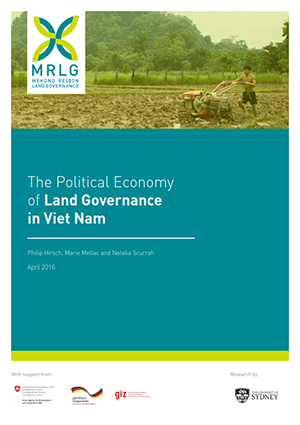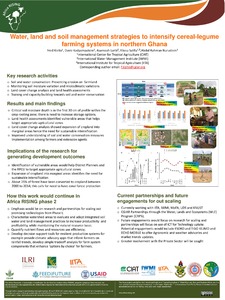European Union Habitats (Farranamanagh Lough Special Area of Conservation 002189) Regulations 2016 (S.I. No. 198 of 2016).
These Regulations designate a coastal area as a Special Protection Area in accordance with Article 4 of Habitats Directive for protection purposes set out in Schedule 3 (coastal lagoons). The Minister shall, in accordance with the Regulations of 2011, establish and publish such particular conservation objectives as he or she, from time to time, considers necessary for the Special Area of Conservation with regard to the natural habitat type and animal and plant species specified in Schedule 3.






